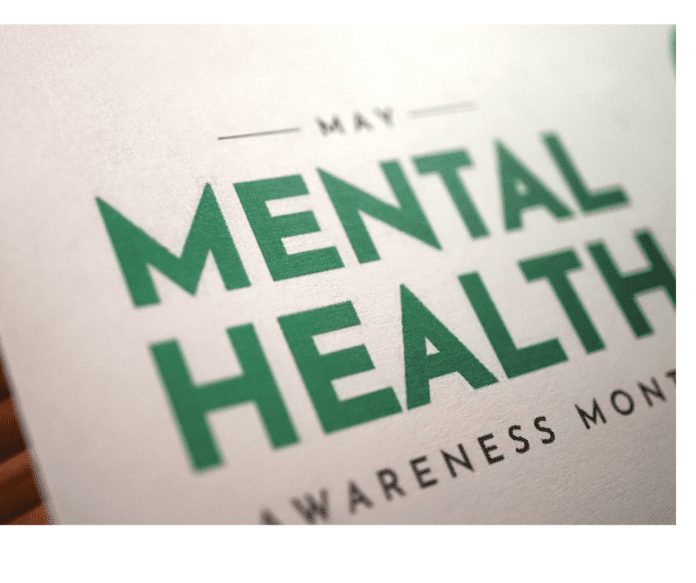Because mental illness carries a stigma and one might put their illness “on the back burner,” you should know that the lack of treatment can have consequences. Data tells us that:
- Mental illness costs America $193.2 billion in lost earnings per year.
- Mood disorders, including major depression, dysthymic disorder and bipolar disorder, are the third most common cause of hospitalization in the U.S. for both youth and adults aged 18–44.
- People with mental illness face an increased risk of having chronic medical conditions. Adults in the U.S. with mental illness die on average 25 years earlier than others, largely due to treatable medical conditions.
- Over one-third (37%) of students with a mental health condition age 14–21 and older who are served by special education drop out.
- Suicide is the 10th leading cause of death in the U.S., the 3rd leading cause of death for people aged 10–24 and the 2nd leading cause of death for people aged 15–24.
- More than 90% of children who die by suicide have a mental health condition.
- Each day an estimated 18-22 veterans die by suicide.
- 2 million people with mental illness are booked into jails each year.
Source: National Institute of Mental Health
Mental illness can slow us down, but we don’t need to let it stop us. Let’s avoid these consequences by getting to know all about our mental illness.
Some people with mental health conditions experience relief and hope when they get a diagnosis. Getting a diagnosis is a useful step in receiving effective treatment and improving your quality of life.
A medical professional determines a diagnosis by interviewing you about your history of symptoms. Sometimes a doctor will require a couple of medical tests to rule out possible physical ailments, but we cannot evaluate mental health itself through blood tests or other biometric data. Instead, doctors use their experience to determine how your set of symptoms fits into what we know about mental health. The diagnosis is an important tool for you and your doctor. Doctors and therapists use a diagnosis to advise you on treatment options and future health risks.
Another reason a diagnosis matters is that it tells health insurance companies that you have a condition requiring medical care. A doctor’s diagnosis is also necessary to qualify for Social Security disability support or for job protection under the Americans with Disabilities Act.
Even though labeling your symptoms doesn’t automatically relieve them, congratulate yourself on having moved forward in the process of getting treatment and protecting your rights.
When your doctor talks about your condition, take notes and begin to “take ownership” of the diagnosis. You may ask your doctor to recommend books and websites with additional information.
After reading about your condition, you may have questions for your doctor. How do your symptoms match this diagnosis rather than another? Couldn’t it be something else? What if it’s a physical illness instead or a misunderstanding?
It’s important to feel that your doctor considered all the possibilities. If you disagree with your doctor’s evaluation, however, don’t automatically quit working with him or her. Your doctor is already familiar with your symptoms, and the diagnosis is simply a tool to help you and your doctor address those symptoms. If possible, it’s worth it to stick with a doctor who already knows you.
A diagnosis is only as good as the treatment it leads to. Whether or not you feel confident in your diagnosis, it’s important to reevaluate occasionally. You and your doctor should meet to discuss your progress. Consider how treatment is helping your condition, or if it doesn’t seem to be helping. If treatment isn’t sufficient, other options for treatment can be considered including changing your diagnosis.
A mental health professional makes the best diagnosis possible with the information they have. Over time, as you work together, he or she will observe you, listen to you, and gather new information to help refine your diagnosis. Your diagnosis is the beginning of an investigation into how to make your life better.
Just like you do things to take care of your body, there are things you can do regularly to tend to your mental well-being. The JED Foundation has a variety of resources to help you find ideas to add to your self-care practice. #YouMatterMN
Article by Dean Rudloff, member of the Lake County Mental Health Task Force, the North Shore Mental Health Group, and the Vail Place Clubhouse Coalition – organizations committed to mental wellness, supporting one’s ability to thrive despite the challenges of mental illness.




